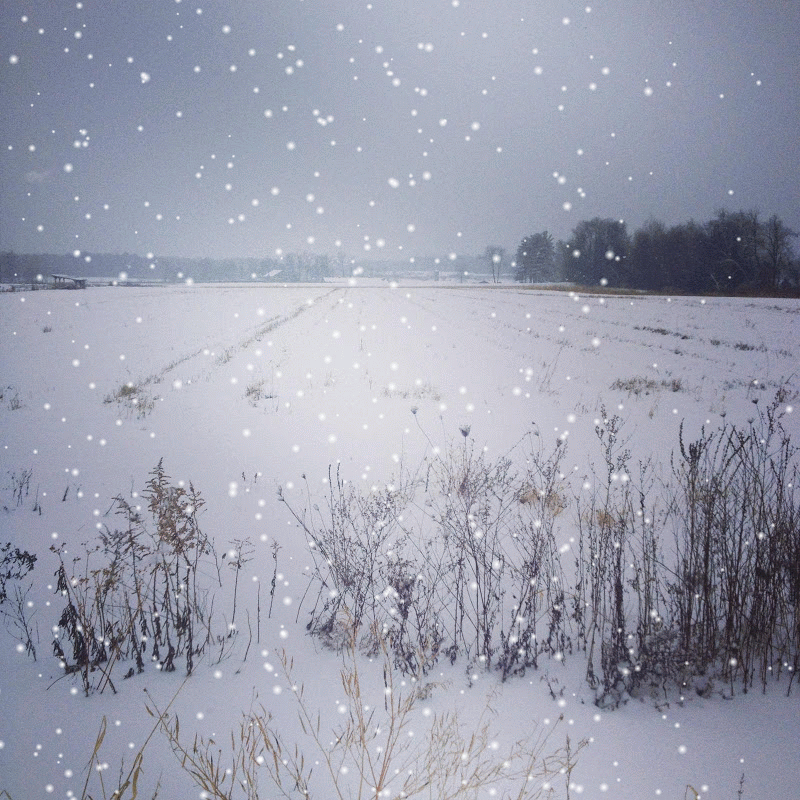Container Gardens for Indoor and Out
We have been covering recently about how to develop indoor
gardens for your homes. In the
greenhouse for spring sales, we plant and grow many different mixed
containers. Many times I just create as
I go, placing whatever suits my mood at the time. We sell a lot of ready-made containers, but
we also have a lot of gardeners coming in to purchase plants for containers
they wish to design themselves. I am
asked all the time which plants work well together, how should the containers
be planted or what do I think looks good together?
It is easy to be
overwhelmed when you visit your local garden center or greenhouse, so it helps
to have some idea of what size planter you need, what colors you need and
whether you are placing the container in a sunny location or shade. Take a look at your home or wherever you are
placing your container gardens. In
front of a larger home you can probably use a larger planter. Take note of where the sun is at different
times. These tips can work for you
indoors as well. I mentioned in a recent
article about placing groupings of plants together to provide a focal point in
a room or to bring symmetry to a design or theme.
I sometimes try to stick to a color scheme if I am doing
containers for a particular holiday. For
instance, on Independence Day I may try to stick to a red, white and blue
theme. Sometimes I will plant variations
of one color in a container garden, such as different shades of yellow or red. It is also fun to create containers with
many different colors. Spring will be
here soon, but if you would like some spring flowers now, you could force some
bulbs indoors, such as Paperwhites (narcissus), crocus and hyacinth.
I generally will take a taller plant and use it as a focal
point either at the back of the container or in the center. I will then take medium height plants, either
flowering, foliage or a combination of the two, and plant them in front of or
around the taller plant. Lastly, I will
take “spiller” plants, (plants that trail or cascade) and plant them around the
edges of the container. It’s OK to mix
the bulbs in with other types of plants so long as their moisture requirements
are similar, just keep in mind that bulbs generally do not stay in flower for
very long.
Some tips:
Before planting, try different arrangements outside of the pot to see which looks best.
Outdoors, don’t be afraid to mix annuals with perennials in the same planter. It will extend the
life of your container garden.
By mixing in foliage plants, it will break things up a bit and keep the container garden looking
fresh while the other plants are going in and out of flower.
Add some slow release fertilizer to your planting medium or use a liquid fertilizer when you
water. Plants need to eat, just like people. House plants may have different fertilizer
requirements than annuals and perennials since they are indoors and it is “off” season.
Before planting, try different arrangements outside of the pot to see which looks best.
Outdoors, don’t be afraid to mix annuals with perennials in the same planter. It will extend the
life of your container garden.
By mixing in foliage plants, it will break things up a bit and keep the container garden looking
fresh while the other plants are going in and out of flower.
Add some slow release fertilizer to your planting medium or use a liquid fertilizer when you
water. Plants need to eat, just like people. House plants may have different fertilizer
requirements than annuals and perennials since they are indoors and it is “off” season.
Don’t be afraid to
experiment and most importantly, have fun!




Comments
Post a Comment
Thank you for your comment! We appreciate them all and will publish your comment shortly. Thanks for visiting!